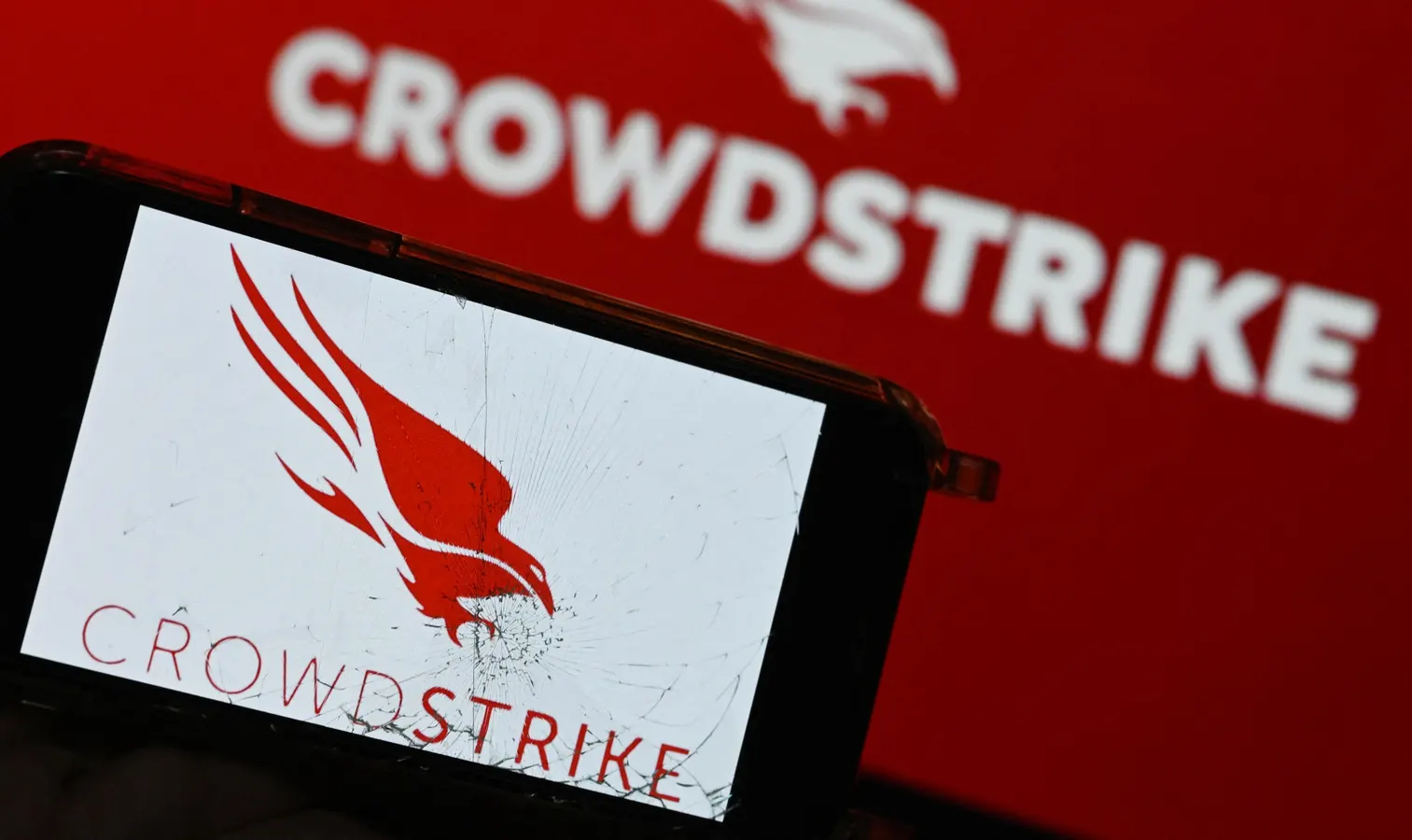Japan’s Rapidus Secures ‘Major’ American Customers for Its 2nm Process, Ramping Up the Race Against TSMC and Intel

Rapidus has stepped up the race in the 2nm segment, as the Japanese chip firm announces support from major American customers, with many more in line as well.
Rapidus’ 2nm Node Is Expected to Be On-Par To TSMC’s N2, But Superior To 18A In Terms of Logic Density
For those unaware, Rapidus is one of Japan’s leading chip firms, competing with industry giants such as TSMC, Samsung, and Intel in the pursuit of cutting-edge nodes, including 2nm. The firm announced the development of its ‘2HP’ process last year, and interestingly, we discussed an in-depth report on the process, including the logic density of the node and many specifics. Now, based on a piece by a Japanese media outlet, it is claimed that Rapdius’ CEO, Atsuyoshi Koike, has disclosed the interest of major American companies in the firm’s next-generation processes.
Atsuyoshi Koike, president of Rapidus (Tokyo), which aims to mass-produce next-generation semiconductors in Chitose City, said on the 30th that several American companies will be considered for prototypes of customer products, which will begin next year. He emphasized that IBM and Tenstrent, a semiconductor design company, are already the frontrunners, and that there is a possibility of contracts with other companies.
– Hokkaido Shimbun
Among the American companies interested in the Rapidus 2nm process, two prominent names stand out: Tenstorrent and IBM. Let’s start with IBM, as we know the company has been collaborating with Rapidus on the 2nm node for a long time, providing packaging technology and joint R&D support. Therefore, the firm will undoubtedly be one of the primary adopters. However, the inclusion of Tenstorrent in the list is certainly an exciting development to consider, and we are familiar with Jim Keller’s (Tenstorrent CEO) industry expertise, which makes the collaboration even more intriguing.
Tenstorrent is one of the first firms to have an extensive AI portfolio centered on the RISC-V architecture, and more importantly, its CEO has held high-level positions at both Intel and AMD in the past. Keller is known to have made moves in the past that are different from the crowd, and the potential partnership with Rapidus also looks to be one of those moves. There were rumors that NVIDIA is also exploring the option to include the Japanese chip firm in its supply chain, but it isn’t certain for now.
Rapidus is shaping up to be one of the most optimistic firms in the chip industry, since they have been progressing heavily with their 2nm process, and PDKs are expected to be delivered to customers by the first quarter of 2026. Judging by this, mass production could occur in end-2026 or early 2027, which is ahead of when TSMC and Intel would be producing the same node size. However, Rapidus’ priority here is to have a capable product.



